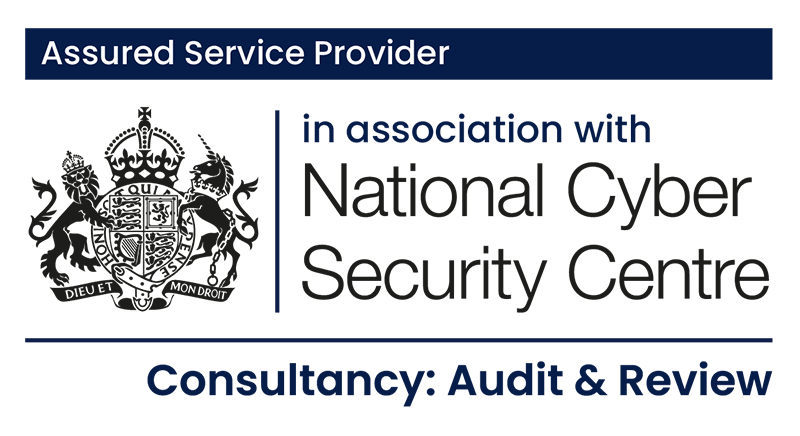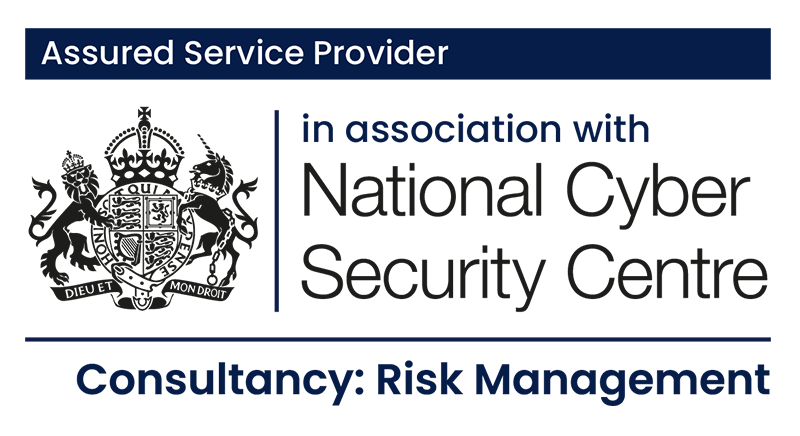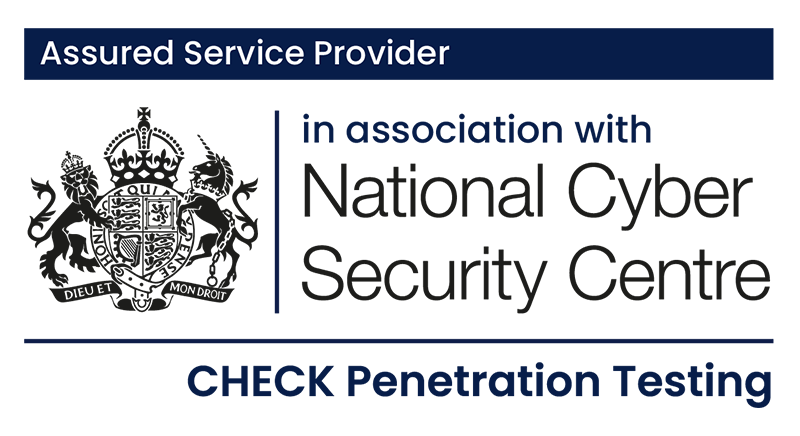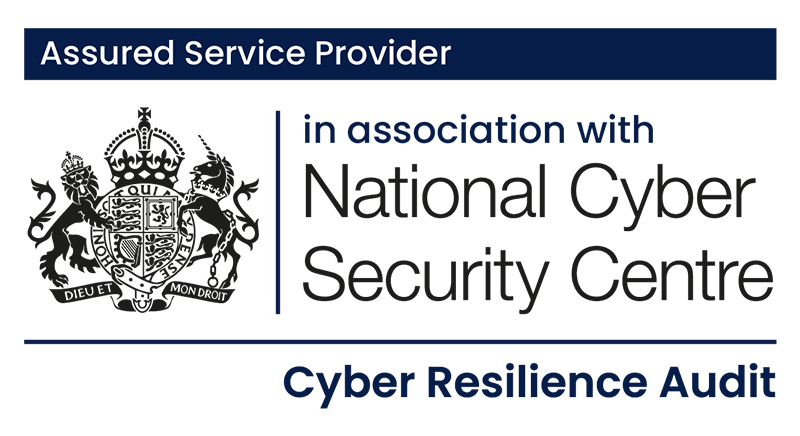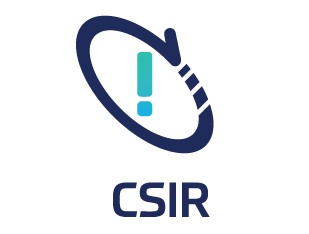Written by Glen Williams, Cyberfort CEO
10th april 2025
It’s not just about doing the right thing – it’s about building stronger technical capabilities.
In an industry facing a persistent skills shortage, cybersecurity companies cannot afford to overlook any potential talent pool.
While many organisations implement diversity, equity, and inclusion (DEI) initiatives as broad compliance exercises, at Cyberfort, we’ve taken a more strategic approach by specifically championing neurodiversity – not just as a social good but as a competitive advantage that strengthens our technical capabilities.
Neurodiversity and Merit: Perfect Alignment
I fundamentally believe in meritocracy. I don’t care about someone’s background, gender, or physical attributes; I care about who’s best for the job. That’s precisely why neurodiversity is so important to us: by creating specific accommodations for neurodiverse talent, we’re accessing an exceptional talent pool that others might overlook while simultaneously addressing the industry’s persistent skills gap.
This approach isn’t at odds with merit-based hiring – it enhances it. Without neurodiversity initiatives, many exceptional candidates might never make it through conventional recruitment processes despite possessing the exact skills we need. Traditional interviews often filter out candidates who think differently, even when those differences represent valuable cognitive advantages in cybersecurity roles.
Consider penetration testing or Security Operations Centre (SOC) analysis, where unique cognitive approaches and exceptional attention to detail can make the difference between detecting or missing a sophisticated threat. Many neurodiverse individuals excel at pattern recognition and logical thinking and can focus intensely on complex problems – precisely the skills needed to identify vulnerabilities and anomalies that neurotypical analysts might miss.
Business Impact in Technical Cybersecurity Roles
The business case for neurodiversity in cybersecurity is compelling. Unlike generic DEI initiatives that many companies adopt, we’ve deliberately specialised in becoming leaders in neurodiversity employment. This isn’t just about inclusion – it’s about accessing unique skills that drive better business outcomes.
There’s a reason why many successful entrepreneurs and innovators have ADHD or some form of neurodiversity. The unique thinking styles and problem-solving approaches that come with neurodiversity are particularly valuable in cybersecurity, where unconventional thinking can identify vulnerabilities that others miss.
As cyber threats become increasingly sophisticated, especially AI-driven threats like deepfakes, this cognitive diversity becomes a crucial defence mechanism.
At Cyberfort, we’ve seen tangible benefits from our neurodiversity initiatives including:
![]() Enhanced threat detection capabilities through diverse cognitive approaches
Enhanced threat detection capabilities through diverse cognitive approaches
![]() Improved pattern recognition in identifying anomalous activities
Improved pattern recognition in identifying anomalous activities
![]() Greater innovation in developing security solutions
Greater innovation in developing security solutions
![]() Reduced skills gaps in critical technical areas
Reduced skills gaps in critical technical areas
![]() Increased retention in roles that benefit from deep focus and specialisation
Increased retention in roles that benefit from deep focus and specialisation
By implementing specific accommodations – such as sending interview questions in advance, allowing candidates to turn cameras off during interviews, and creating flexibility for neurodiverse colleagues to step out of meetings when needed – we’re not lowering standards; we’re removing arbitrary barriers that have nothing to do with job performance.
Neurodiversity Within the DEI Framework
As some organisations reassess their DEI strategies, there’s a risk of abandoning valuable principles while addressing legitimate concerns. While certain DEI initiatives might be perceived as ideologically driven, neurodiversity programmes deliver clear performance benefits that align perfectly with merit-based principles.
The key difference is in how we frame and implement these initiatives. Where many companies implement DEI initiatives as compliance exercises, we’ve taken a more targeted approach that directly enhances our technical capabilities. By focusing specifically on neurodiversity, we’ve created both a more inclusive workplace and stronger security solutions for our clients. It’s a win-win that delivers a measurable business impact.
This doesn’t mean abandoning the broader principles of inclusion, but rather focusing on aspects that directly benefit performance. The Buckland Report provides excellent recommendations for employers looking to better employ neurodiverse people. We’re implementing as many of these as possible because we recognise that the UK needs to do better at getting the best out of neurodiverse talent.
It’s not just about doing the right thing – it’s about building stronger technical capabilities.
Many cultures around the world embrace neurodiversity better than we do in the UK. While our education system often tries to make everyone ‘neurotypical,’ we’re missing opportunities to develop specialised talents. In cybersecurity, these unique cognitive approaches are exactly what we need to stay ahead of increasingly sophisticated threats.
The Future of Technical Talent
As the cybersecurity landscape evolves, the organisations that thrive will be those that can harness diverse thinking to combat diverse threats. Neurodiversity initiatives represent a strategic approach to talent that goes beyond traditional DEI frameworks, focusing specifically on cognitive diversity that drives technical excellence.
By prioritising neurodiversity within our talent strategy, we’re not just being inclusive – we’re building a more capable, innovative, and effective cybersecurity organisation. In an industry where thinking differently isn’t just valuable but essential, neurodiversity isn’t optional – it’s a competitive necessity.






